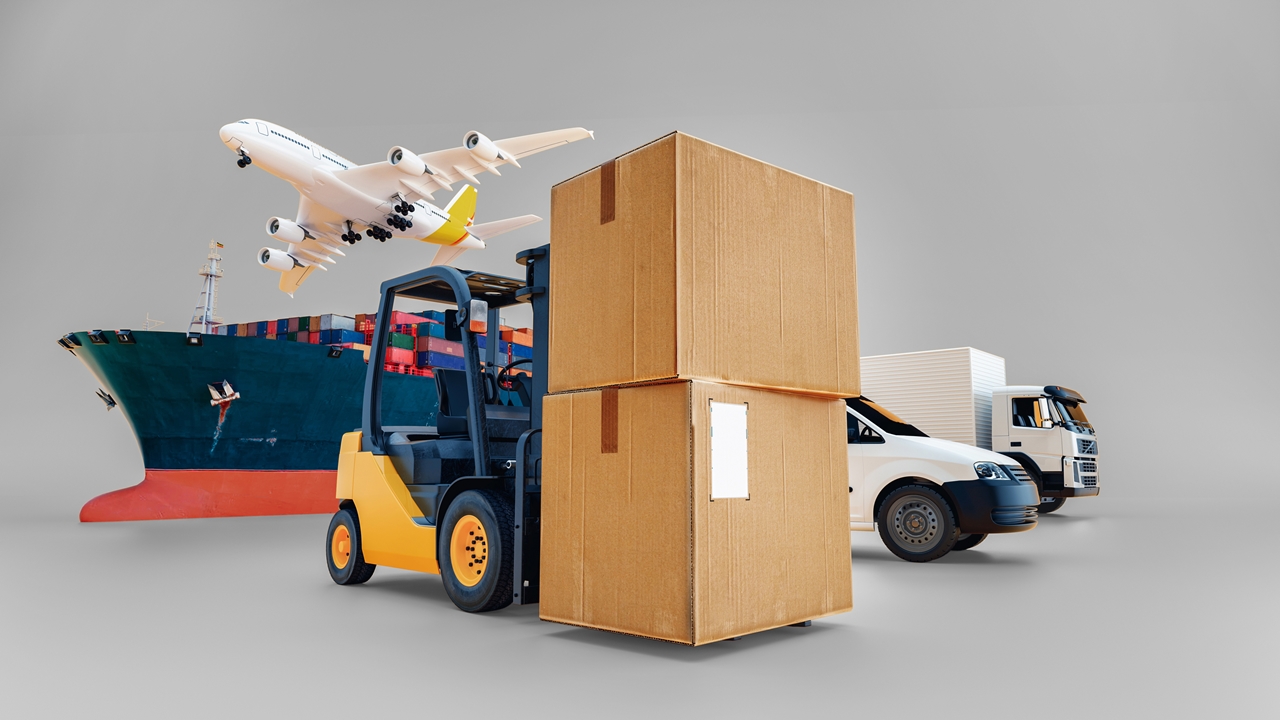
One of the primary elements that determine the effectiveness of cargo missions is the transportation method. The choice of transport-air freight, sea freight or road freight-depends largely on the nature of the cargo, the destination of the shipment, as well as the speed of delivery. Sea freight can be the most commonly utilized method for moving massive quantities of goods since it's economical when traveling long distances, and it can handle a wide variety of items. It also has higher transit times in comparison to air freight. It is generally preferred for higher-value or time-sensitive goods like medical supplies, electronic equipment and perishable goods. Road freight, typically used in regional delivery, gives an array of flexibility, and is able to supplement the air and sea transportations by creating a bridge between warehouses, ports, as well as their final destinations.
Technology has revolutionized the freight transportation industry, streamlining its operations and enhancing transparency. Innovative technologies like GPS tracking and automated inventory systems and blockchain technology have transformed the method by which cargo is managed and tracked. These advancements enable real-time updates, allowing businesses to monitor shipments and predict delays. In addition, artificial intelligence and data analytics are employed to enhance routes, forecast demand, and enhance the process of making decisions. The integration of technology can not only boost efficiency however it also improves relationships and trust between logistics companies as well as their customers. In a business where precision and reliability are paramount, technology is a game-changer that is constantly improving.
The global logistics sector expands tech has played an increasingly important role in creating cargo trips. The latest developments in tracking systems, digital documentation, and automatic Cargo Expedition handling are changing how cargo is handled during the journey. Technology like RFID and GPS allow immediate tracking of the shipments which provide both the shipping company and the customers with accurate information regarding the exact location of cargo. Technology advancements make it much easier to keep track of the status of cargo, ensuring that any delay or problems are swiftly taken care of. Furthermore, digitalization has streamlined document processes, eliminating the need for paper-based paperwork and making the customs clearance process more efficient. To obtain new details please visit https://muat.com/pengiriman-cargo-jakarta/

Sustainability in the environment has been an increasingly pressing issue for cargo expedition industry. Transportation, specifically ocean and air cargo, is one of the major contributors to the global emissions of carbon dioxide. With the global population facing increasing environmental problems, a number of businesses work to lessen the negative environmental impacts of cargo transportation. It has resulted in technological advancements such as the development of more energy efficient ships, the application of biofuels in aviation as well as the introduction of electric trucks to make transporting goods on land. A lot of logistics firms are working to cut down on their consumption of fuel by utilizing more efficient routes and grouping deliveries to decrease the amount of travel required. Greener and more environmentally friendly practices during cargo journeys isn't just beneficial to the environment however, it is also beneficial for businesses because consumers and the government are increasingly favoring companies with sustainable methods.
With the world becoming more interconnected, the demand for reliable and effective cargo expedition services continues to rise. The advent of e-commerce has transformed logistics, leading to an urgent need for quicker, more streamlined delivery systems to fulfill the requirements of the customers, who require faster shipping times. E-commerce has exploded across the globe and led shipping companies to create integrated solutions that allow for more flexible delivery options, including same-day or next-day deliveries. With this in mind, many businesses have embraced advanced technology, including drones and autonomous vehicles to improve the speed and precision of delivery. Innovations like these are changing the way transporting cargo, making them more efficient as well as able to satisfy requirements of the modern-day consumer.